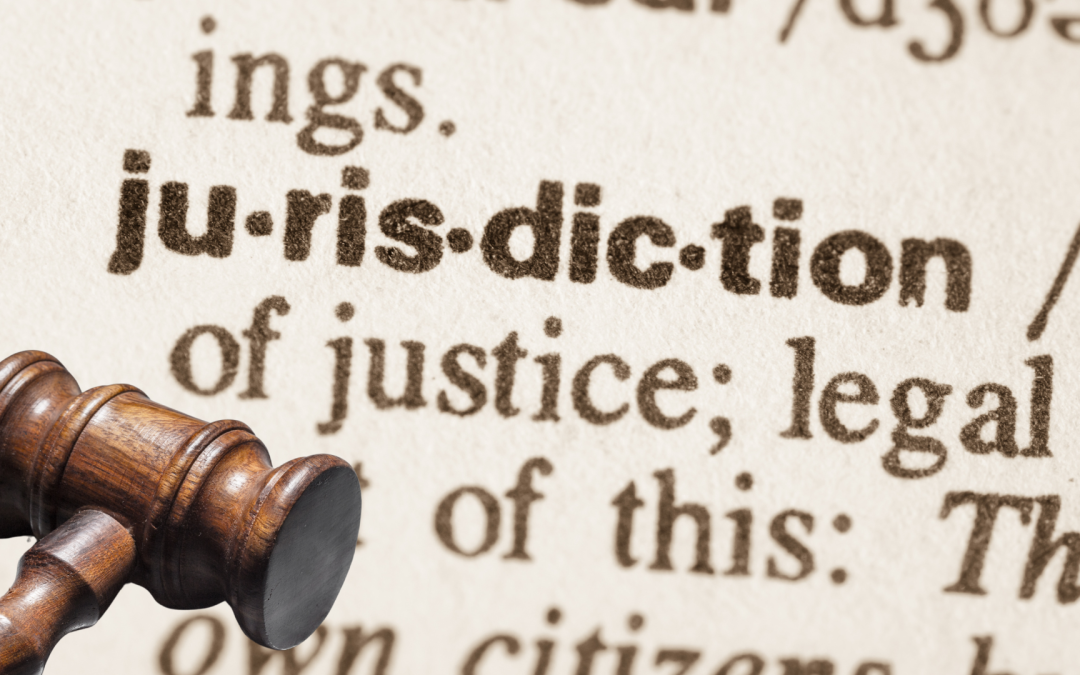
The suggestion that mediators should understand court procedures may appear contradictory at first glance. After all, the very purpose of mediation is to resolve disputes without resorting to the courtroom. Nonetheless, a strong understanding of legal processes can significantly improve a mediator’s effectiveness.
Legal disagreements have a way of escalating and overwhelming the parties involved, necessitating a more peaceful and collaborative resolution method. This is where the mediator’s role becomes critical. However, in order to be effective, mediators must be well-versed in court procedures. In this blog post, we will look at five compelling reasons why this knowledge is essential for mediators, particularly in the South African context.
Context – Understanding the Lay of the Land
Mediation cases reach mediators at various stages of the litigation, from very early to very late. The position of the parties in mediation is heavily influenced by the stage of the litigation in which they find themselves.
A mediator who is well-versed in court procedures is better equipped to understand the gravity of the situation at hand. They can pinpoint exactly where the parties are in the process and how to leverage this position for the best possible outcome for the parties.
A court-process-savvy mediator understands the potential consequences of a court proceeding for the disputants and can use this knowledge to emphasize the importance of an amicable settlement. Furthermore, this knowledge allows mediators to fully comprehend the legal parameters within which they operate, enhancing their ability to guide the parties toward an effective resolution.
Tools of the Trade – Understanding the Resources Available to You
A skilled mediator who understands court procedures has a thorough understanding of the various legal tools and strategies available to the parties involved. This enables them to make the best use of their knowledge during the mediation process.
Documents already shared during litigation can often be useful in familiarizing the mediator with the existing scenario. Furthermore, some of these documents, such as Financial Disclosure Affidavits, Discovered Documents, and Pleadings, can be powerful tools to drive settlement discussions.
This expertise extends from a clear understanding of specific laws and legal principles to a familiarity with court procedures, all of which can be harnessed in pursuit of a successful mediation outcome. Equipped with this knowledge, mediators can offer more nuanced and precise advice to the disputing parties, thereby facilitating a more effective resolution.
Emotions Are Everything – Meeting the Parties Where They Are
Court cases can be emotionally taxing for the parties involved. By way of example, litigants in early stages of litigation might be afraid and uncertain, whereas litigants in late stages of litigation might be tired, angry and drained. The mediator’s ability to understand the emotional states of the parties can prove invaluable.
A deep understanding of court processes allows a mediator to empathise with the emotional stress that the disputants might be experiencing at the time when they attend mediation. This empathy is crucial to build trust and rapport, enabling mediators to better facilitate conversations and guide the parties towards a resolution that is emotionally satisfying to both sides.
Ifs, Ands, or Buts – What If Mediation Doesn’t Work?
In the unfortunate event that mediation does not result in a resolution, the dispute is usually destined for court proceedings. This is where the role of a mediator with a thorough understanding of court procedures comes into play.
A mediator of this type can help to demystify the complex court procedures for the parties involved, giving them a better understanding of the possible outcomes of their case. They can provide a reasonable estimate of the length of the court proceedings, assisting the parties in understanding the long-term commitment they may be making.
Furthermore, the mediator can provide a breakdown of the costs involved in court litigation, which often go beyond just monetary value. The understanding of these potential expenses can serve as a catalyst, encouraging the disputants to make a more concerted effort towards reaching a mutually agreeable resolution within the mediation process
Trust is Key – Building Credibility
Finally, and most importantly, a mediator’s thorough understanding of court procedures not only augments their professional competence but also greatly increases their credibility in the eyes of the disputing parties. When a mediator demonstrates a firm and confident understanding of the legal landscape, disputing parties are more likely to perceive them as an authoritative figure in the mediation process.
This perceived authority encourages trust and respect towards the mediator. The disputing parties can rest assured that their mediator is well-equipped to guide them through the mediation process, providing accurate information and sound advice based on their extensive knowledge of court procedures. This trust often translates into an increased willingness to openly communicate, share sensitive information, and explore potential solutions.
Moreover, a mediator with a deep understanding of court processes can often provide more than just a platform for dialogue; they can offer an insightful perspective on the potential implications of various dispute outcomes. This can encourage the parties to consider their options more thoughtfully, leading to more informed and consensual decisions.
In essence, this trust and respect can serve as the cornerstone of a productive dialogue, paving the way for effective negotiation and problem-solving. It can motivate the parties to actively engage in the process, fostering a cooperative atmosphere where they are more likely to find common ground and reach a mutually beneficial resolution. This underscores the importance of court process knowledge as an invaluable asset for mediators in their quest to facilitate successful dispute resolutions.
Conclusion
A thorough understanding of court procedures is not a luxury for mediators; it is a requirement. It provides the necessary context, equips mediators with critical tools, aids in empathizing with the parties, prepares everyone for the possibility of a failed mediation, and boosts the mediator’s overall credibility. Mediators can significantly improve their ability to facilitate successful dispute resolutions by arming themselves with this knowledge.











